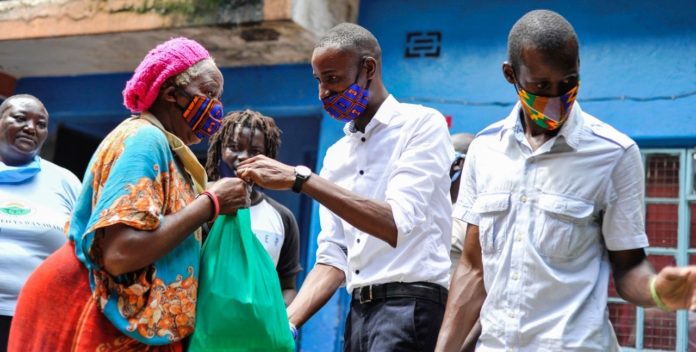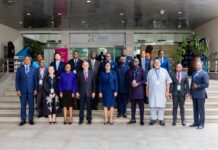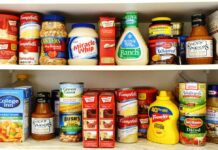By Lilian Museka
Nairobi, Kenya: Even before COVID19, Ruth Wanjiru and her two children knew the sound of pangs of hunger because her job as a laundrywoman did not provide enough to ensure that there was enough food in the house. Now, experts fear that the partial lockdown in Kenya that restricted movement from 7 pm will damn her and other poor people to starvation.
The opportunity has opened for innovation in social entrepreneurship such as Voucher for Food which ensures that people make money as they solve societal problems. The Voucher for Food pays local shopkeepers in Mathari slum where local people can go pick their daily supplies.
The government imposed a dawn to the dusk curfew as well closure of produce markets as a means to slow down the spread of the virus but this disrupted food supply and has already threatened the fragile food security situation in Kenya. This is because many people do not have work now and cannot afford food.
Ms. Wanjiru is a single mother who made a living from washing clothes to take care of her two children. She said: “Since the outbreak of Covid-19; we were left jobless because no one wants us at their home!”
UN’s food agency, World Food Programme (WFP) estimates that more than 20 million people are food insecure [PDF], and the number is estimated to increase to between 34 to 43 million from April to July due to COVID19.
Kenya’s government set aside money for the vulnerable, which includes people with disabilities but Ms. Wanjiru said she has not received any of the funding and other social enterprises such as Voucher for Food have stepped in to help.
Ruth is one of the 1,000 beneficiaries of the Voucher for Food program. The founder of the initiative, Mr. Billian Ojiwa has been distributing water and food to residents in partnership with Wanyama Foundation.
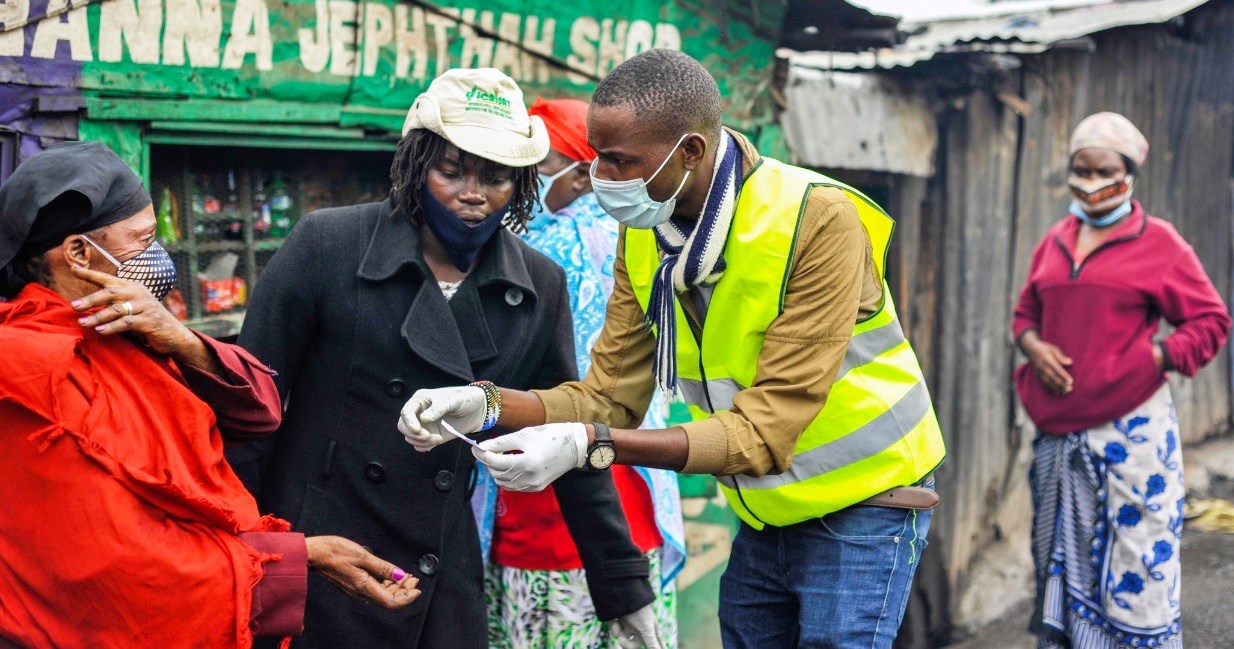
While the initiative has gotten support from outside, they also get money from M-Changa, a Kenyan crowdfunding platform, and coordinates efforts in Mathari with the public administration. The program is first being implemented in the informal settlement of Mathari which has about 400,000 inhabitants. Each family gets a voucher worth 5 USD.
“The idea is to support the local food economy to function in a more nimble way that can address the need of the hour with deeper local impact rather than providing direct food aid.”
COVID19 came to Kenya late, and the first case was recorded on March 13 but the numbers have risen in two months to 1,471 and killed more than 55 others. Health Director-General Dr. Patrick Amoth said transmission of the virus has moved to a potent phase of community and asymptomatic transmission. For this reason, the Ministry of Health Cabinet Secretary Mutahi Kagwe has been evangelically discouraging food distribution.
Despite the government’s ban on public gatherings and asking people to observe social distancing guidelines, Billian says they had seen what happened on this year’s Good Friday when thousands of Kibra residents thronged the area’s deputy county commissioner’s office to receive foodstuffs donations.
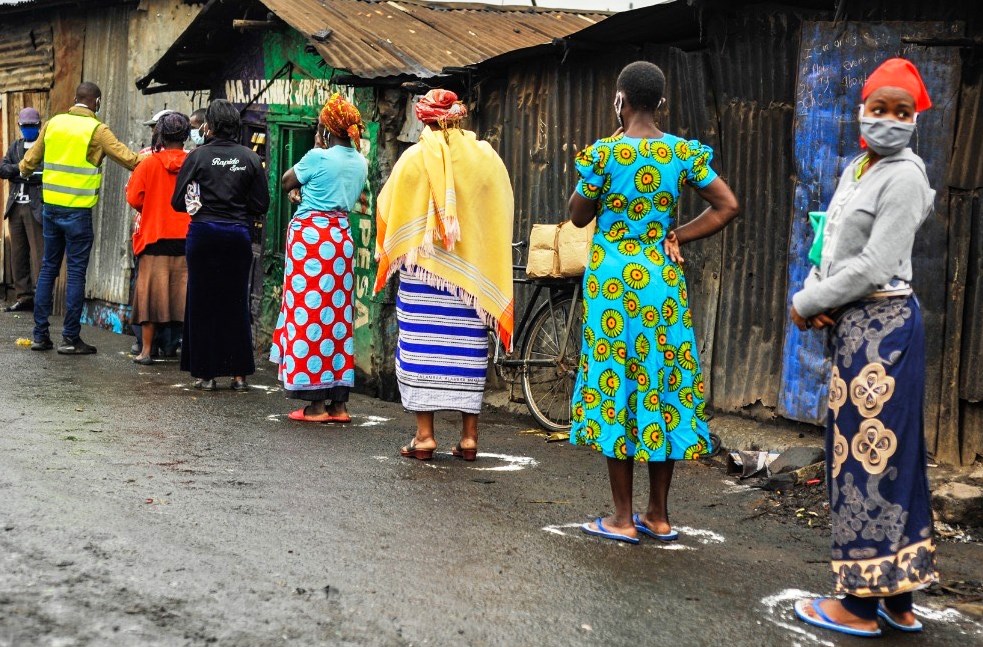
The venue had been filled up with people who did not have face masks, a measure is seen to contain the spread of the Covid-19 virus. Videos in social media show residents were shoving at each other and forcefully gaining entry into the premise to get a share of the donations. The result was chaos erupting forcing police to lob teargas at the crowd. Two people were reported to have died and scores injured during the exercise.
A day later, the Interior Cabinet Secretary Dr. Fred Matiang’ i sent a statement to media houses banning all uncoordinated food distribution and asked well-wishers to channel their contributions through the Kenya COVID19 Emergency Response Fund.
Social anthropologists have also criticized the collective purchase of foods for needy families without considering the needs of the families.
This is what Mr. Ojiwa has achieved. In cooperation with Community Health Volunteers who know Mathare in and out, the team identifies households with severe food shortages. This is done systematically, administrative district by district, based on hardship criteria that must be met in order to enroll households into the scheme.
“Someone entitled to a voucher must have lost a lot; an informal wage, food, and sometimes hope,” says Billian.
But how does the whole system operate? Billian explains that they first do mapping of the area they wish to conduct the food distribution and then connect with the Community Health Volunteers from those areas who come up with the list of the beneficiaries after understanding the model. Vouchers are developed with their details (beneficiaries) and codes for the identified shops. Beneficiaries are henceforth issued with the vouchers and are escorted by Community Health Volunteers to get the food items from the identified shops.
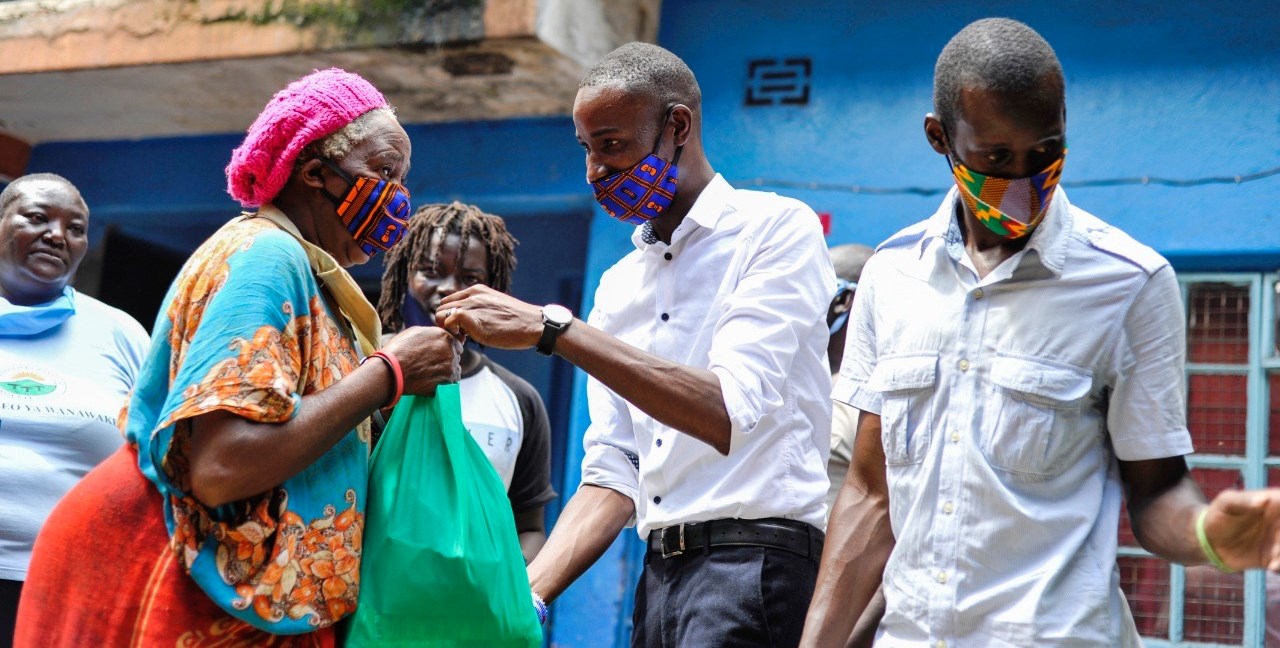
Each Community Health Volunteer is in charge of 5 Families. The shopkeepers mark the names of those who have received the food from their lists prompting a short message that enables payment through Mpesa.
“The voucher system supports the local economy by ensuring that all the food items are bought from our shops and these benefits us too,” says Humphrey Kamau, a local shopkeeper enrolled in the system.
The coming days will see a great need for various strategic and combined interventions to cushion the residents such as cash transfer programs, among other initiatives to help those who have lost income due to the pandemic.
Apart from the vouchers, Mr. Ojiwa’s organization is collaborating with research institutions such as International Crops Research Institute for The Semi-Arid Tropics (ICRISAT) to change the perception of those in informal settlements to diversify their diets.
Since 2018, ICRISAT and World Agroforestry, with the support of the CGIAR Research Program on Grain Legumes and Dryland Cereals, have been working on dietary behavior change in Mathari.

Dr. Michael Hauser’s principal scientist at ICRISAT adds that as much as the goal of the program is to support families confronted with COVID19 related food shortages, an underpinning principle of the initiative is to sustain the informal food economy as long as possible.
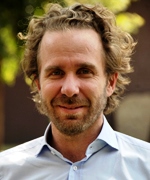
Dr. Hauser says, they collect data and help Billian “with evidence on what works and what doesn’t.”
This data includes what is a balanced diet or not. This is the reason the Mathari team works with shopkeepers to offer a diversity of foods, especially legumes, fresh fruits and vegetables, and millets to complement the maize consumption.
Lilian Museka – AMWIK.

